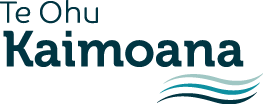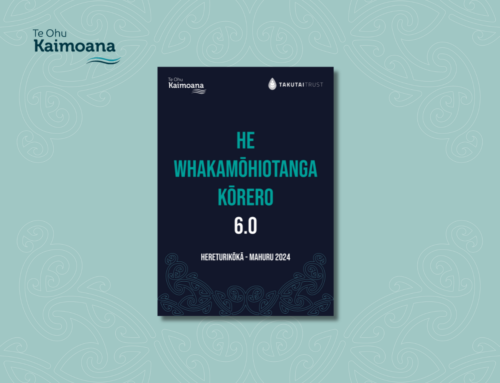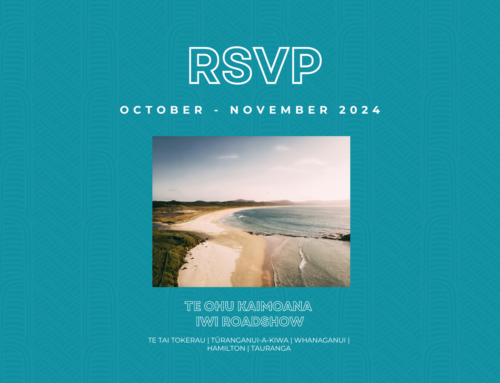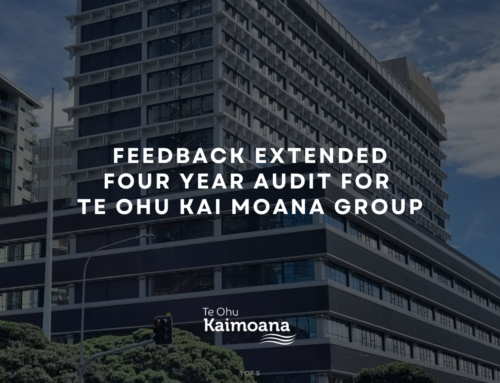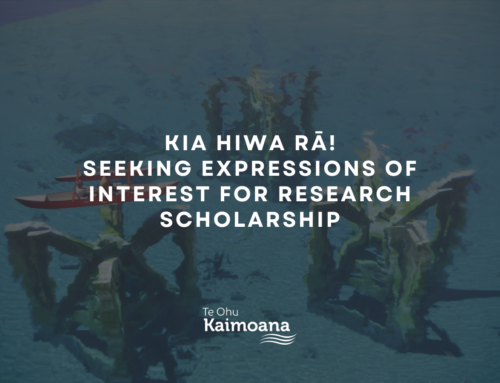In early December, policy analyst Te Aomihia Walker attended the 16th Regular Session of the Western and Central Pacific Fisheries Commission (commonly known as the Pacific Tuna Commission) in Port Moresby, Papua New Guinea. This Commission sees Pacific nations, New Zealand, Australia, Canada, Indonesia, USA, China, the EU and Japan meet to address problems in the management of high seas fisheries resulting from:
- unregulated fishing
- over-capitalization
- excessive fleet capacity
- vessel re-flagging to escape controls
- insufficiently selective gear
- unreliable databases
- insufficient multilateral cooperation in respect to conservation
- management of highly migratory fish stocks.
“There was plenty to discuss over the 6 days. But it was a great opportunity to come together and identify areas where countries agree, where more information is required and what impact these decisions have on particular countries, especially small island developing states,” says Te Aomihia Walker, who attended on behalf of Te Ohu Kaimoana as part of the New Zealand delegation.
“Getting the opportunity to network with our partners in the Pacific and being part of the engagements in regard to high seas limits and allocation identified the need to have the treaty partner at the table to ensure the integrity of the Deed of Settlement.”
Key priorities for this year’s negotiations were harvest strategies, limit and target reference points for tuna and billed fish stocks, improving the current compliance monitoring scheme, special requirements of small island developing states, stock rebuilding, by-catch mitigation, transshipment, electronic reporting and monitoring as well as limits and an allocation framework for the purse seine and long-line fisheries on the high seas due by 2020. In addition to these priorities, each country in attendance shared their key focus for the commission. There were some common themes, including:
- climate change and its adverse effects on tuna stocks
- combating illegal, unreported and unregulated fishing
- impacts on new proposals on Small Island Developing States (SIDs)
- management of drifting fishing aggregating devices (FADs)
- limits for purse seine and long line in the High Seas
This year’s Commission adopted a number of proposals, including New Zealand’s proposal on guidelines for the safe handling and release of seabirds and the Pacific Forum Fisheries Agency’s resolution on climate change. The Commission wasn’t able to come to an agreement on limits and an allocation framework for the purse seine and long-line fisheries on the high seas, so the WCPFC Chair announced 2 additional days to be added to next year’s Commission meeting to continue negotiations.
There will also be a two-day workshop in August 2020 in Samoa to develop a roadmap for effective conservation and management of South Pacific Albacore. The roadmap’s goal is to look at all the pieces of work coming through the Commission relating to albacore to see how they can be done more effectively and to establish an allocation process for albacore.
Te Ohu Kaimoana will remain involved as these conversations continue into 2020.
